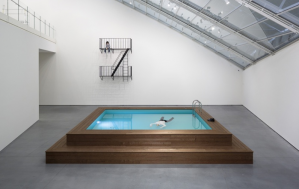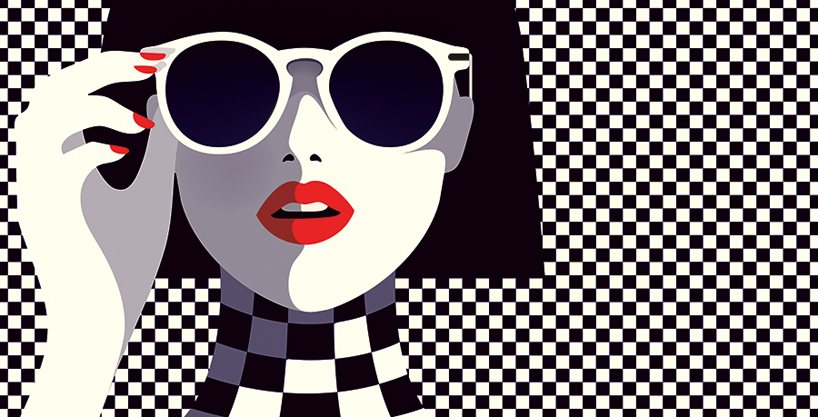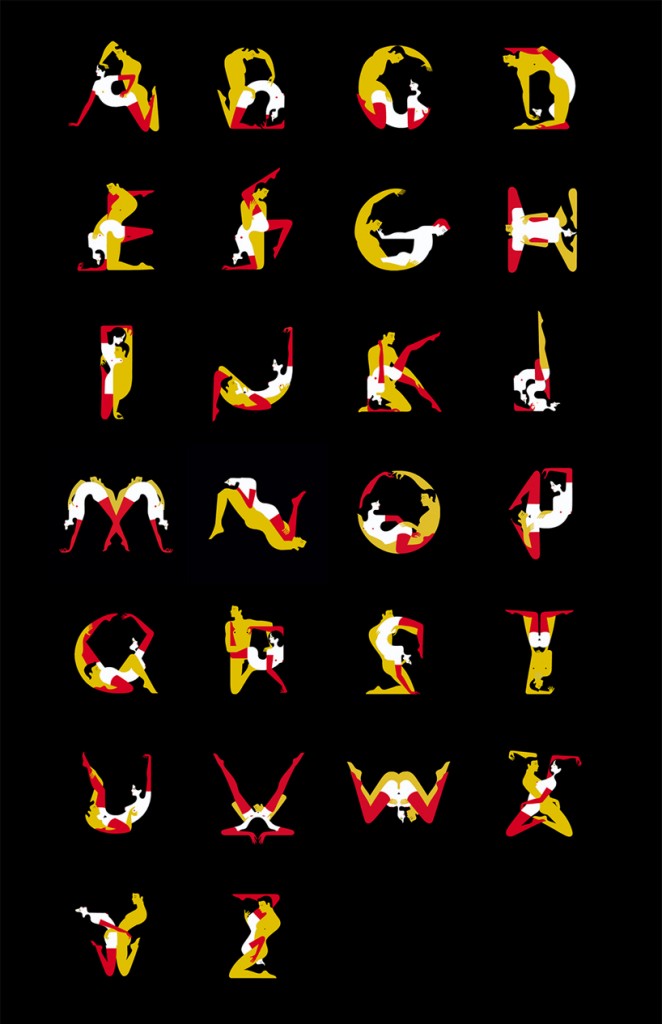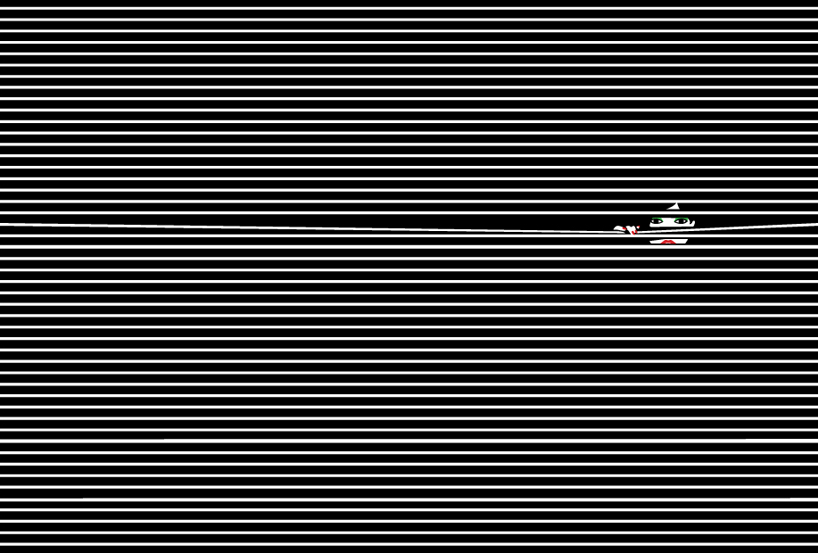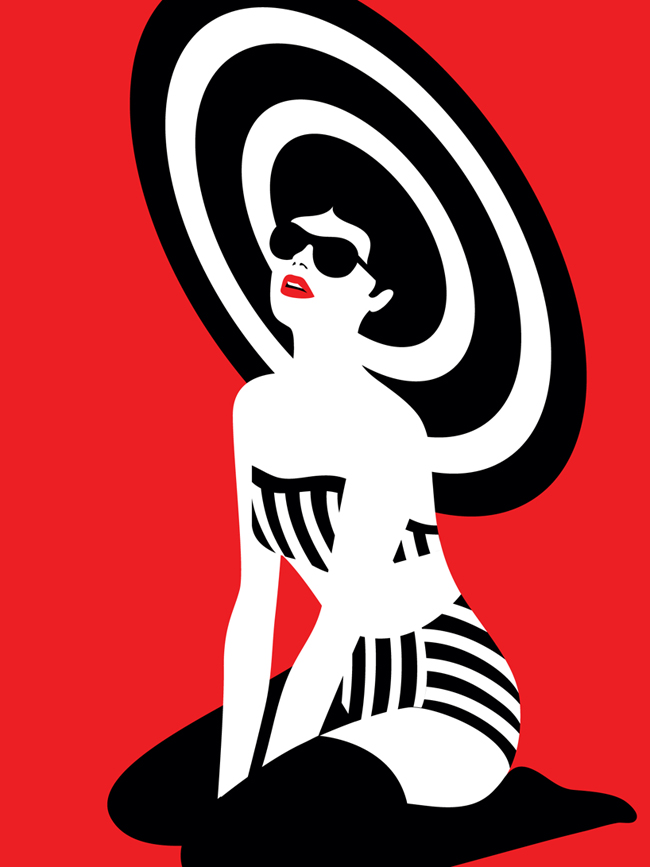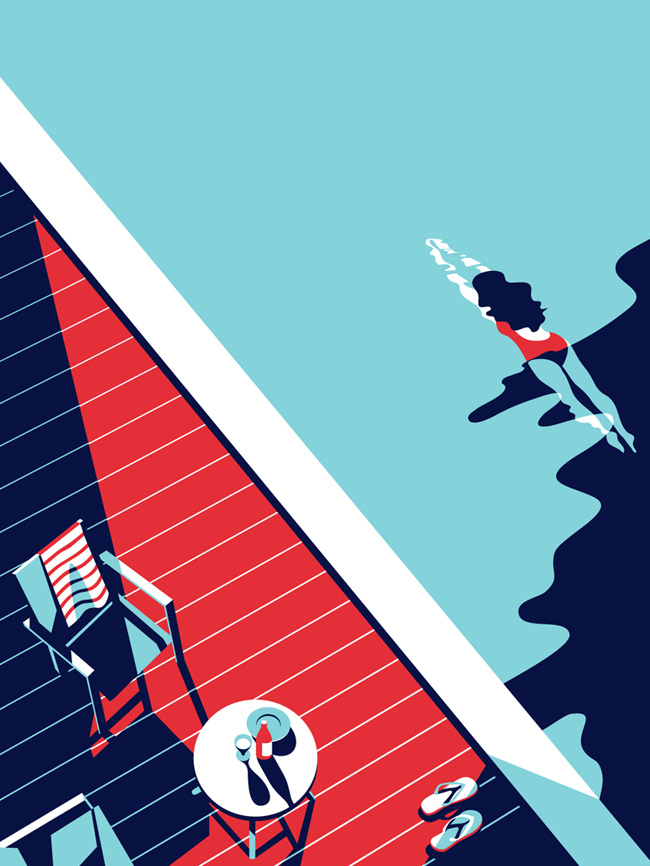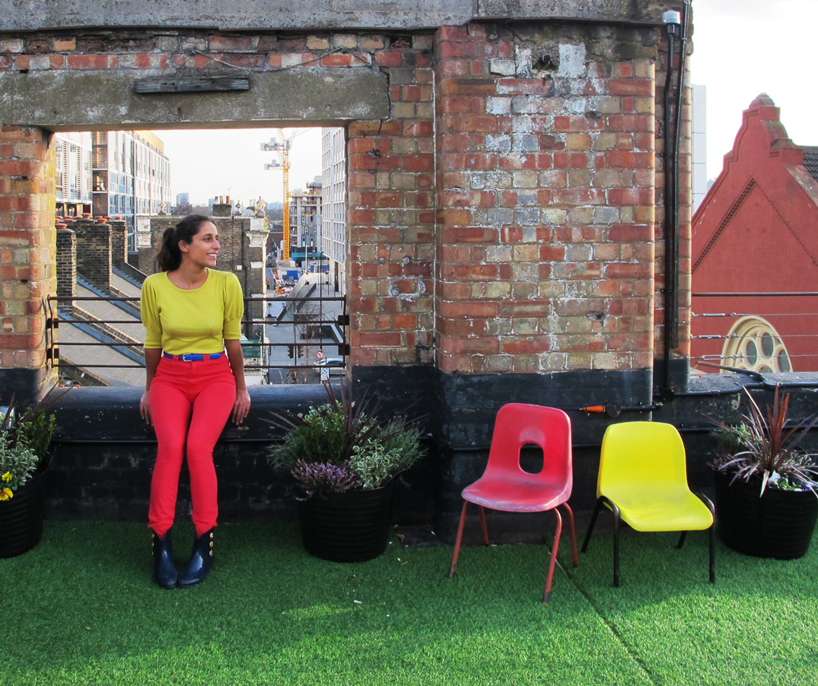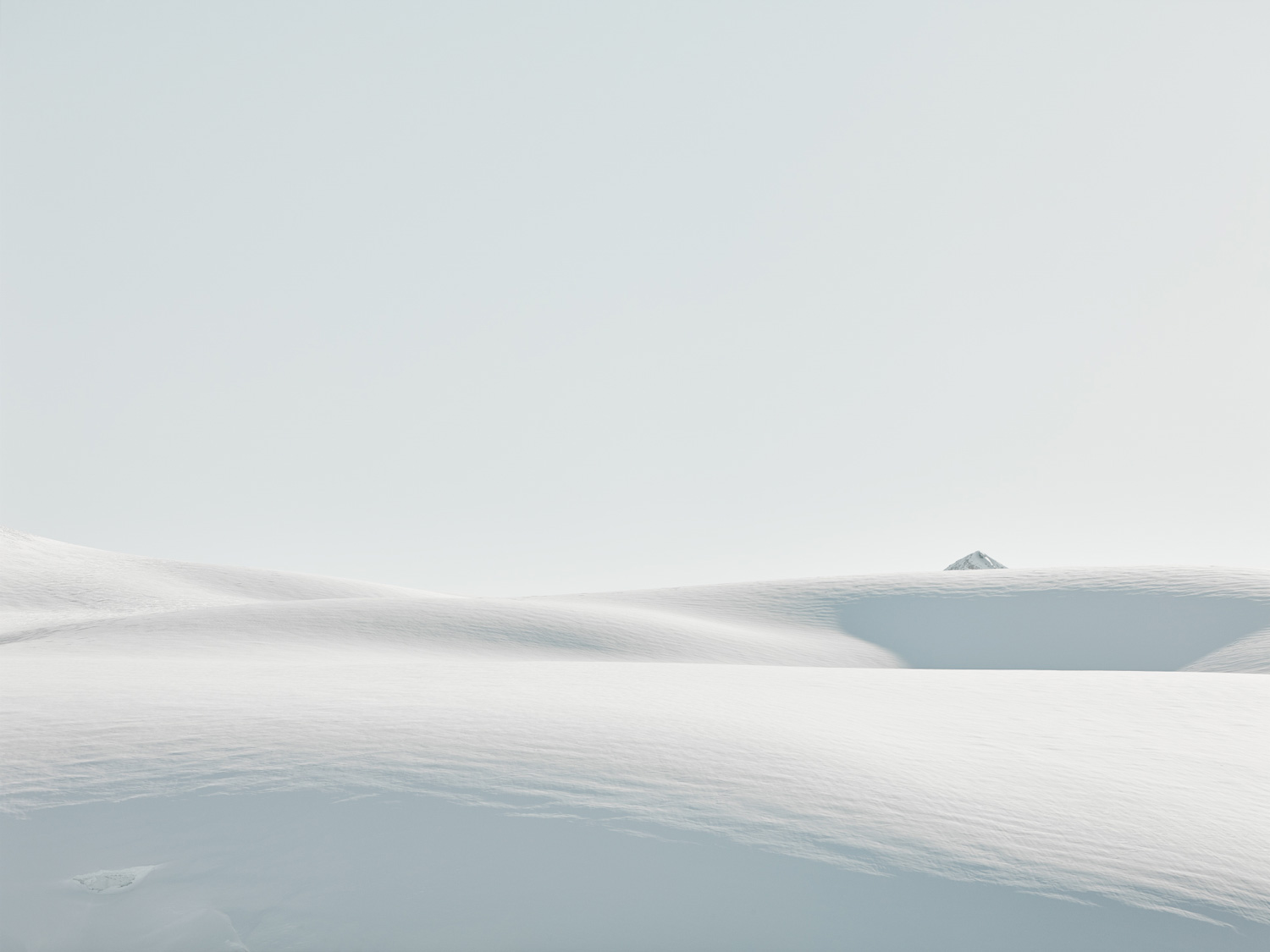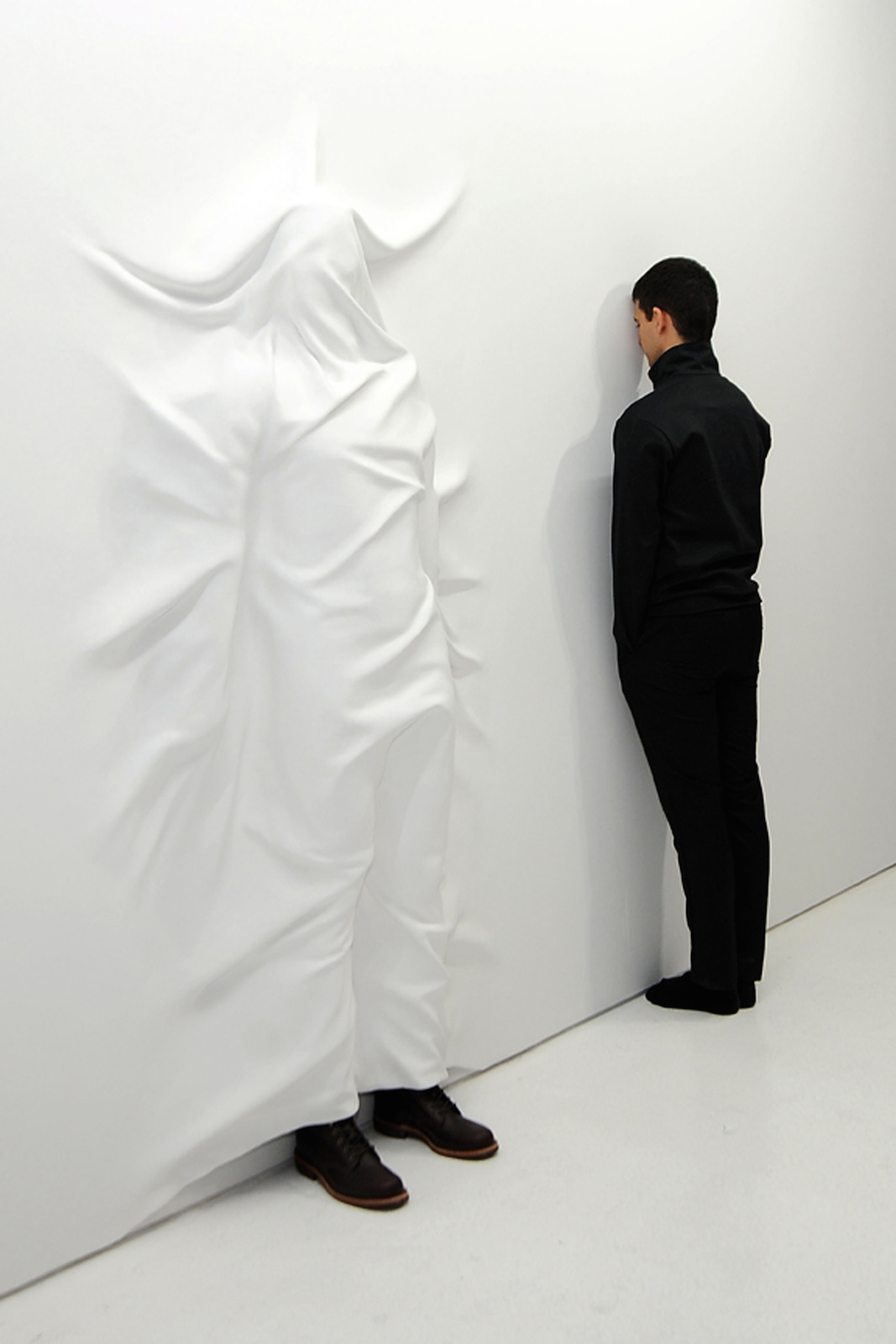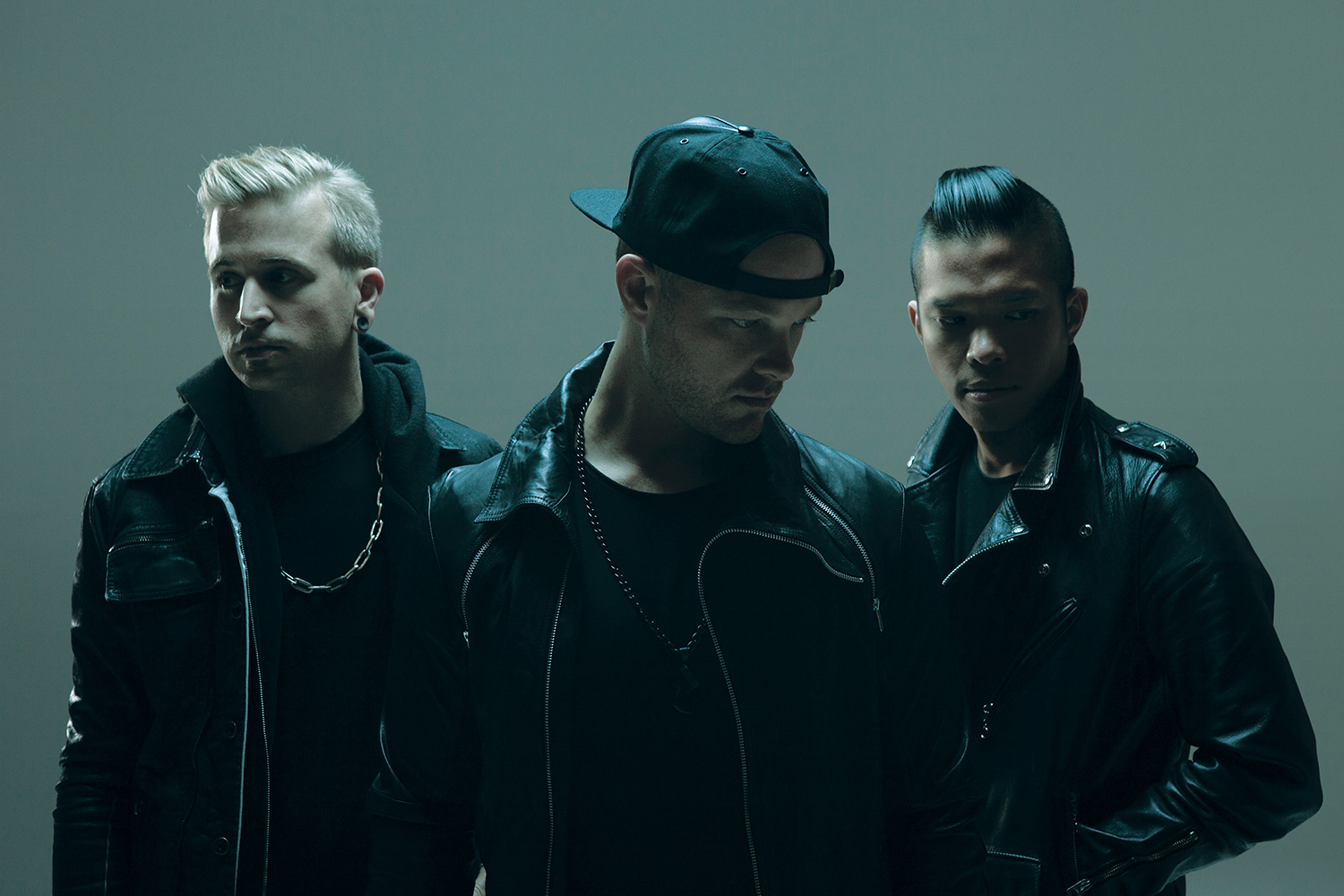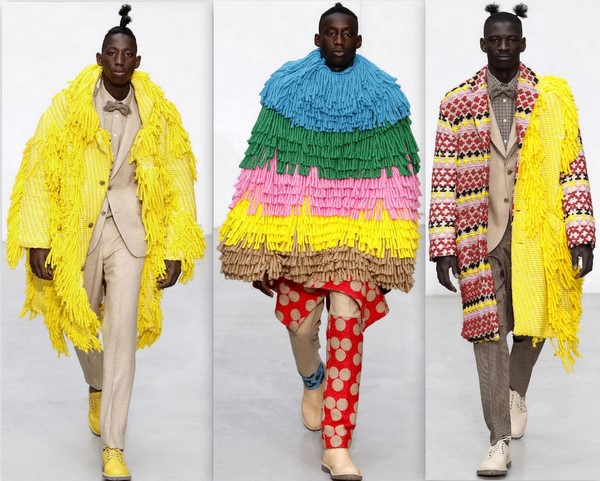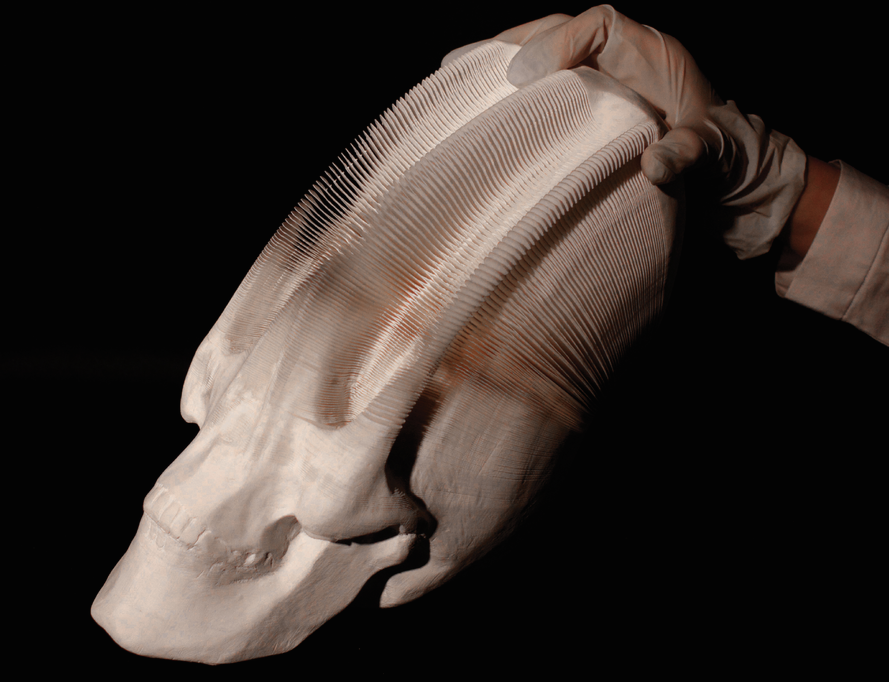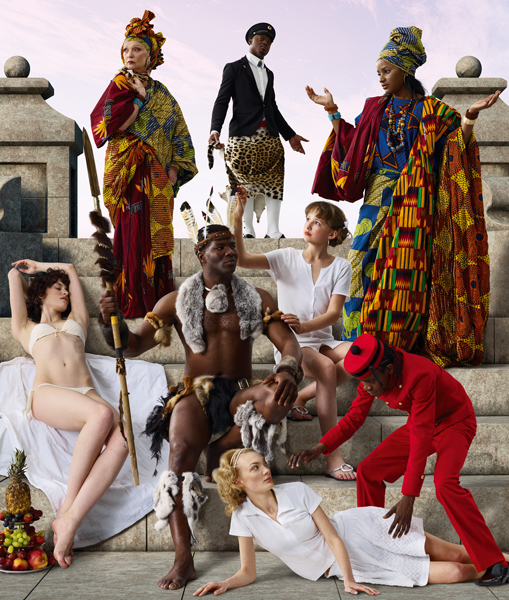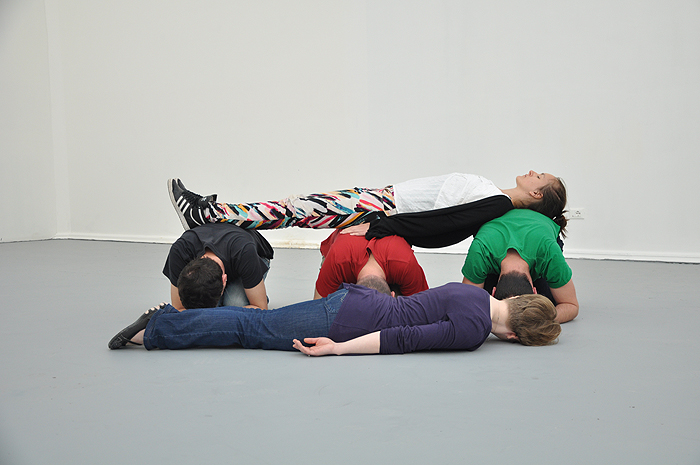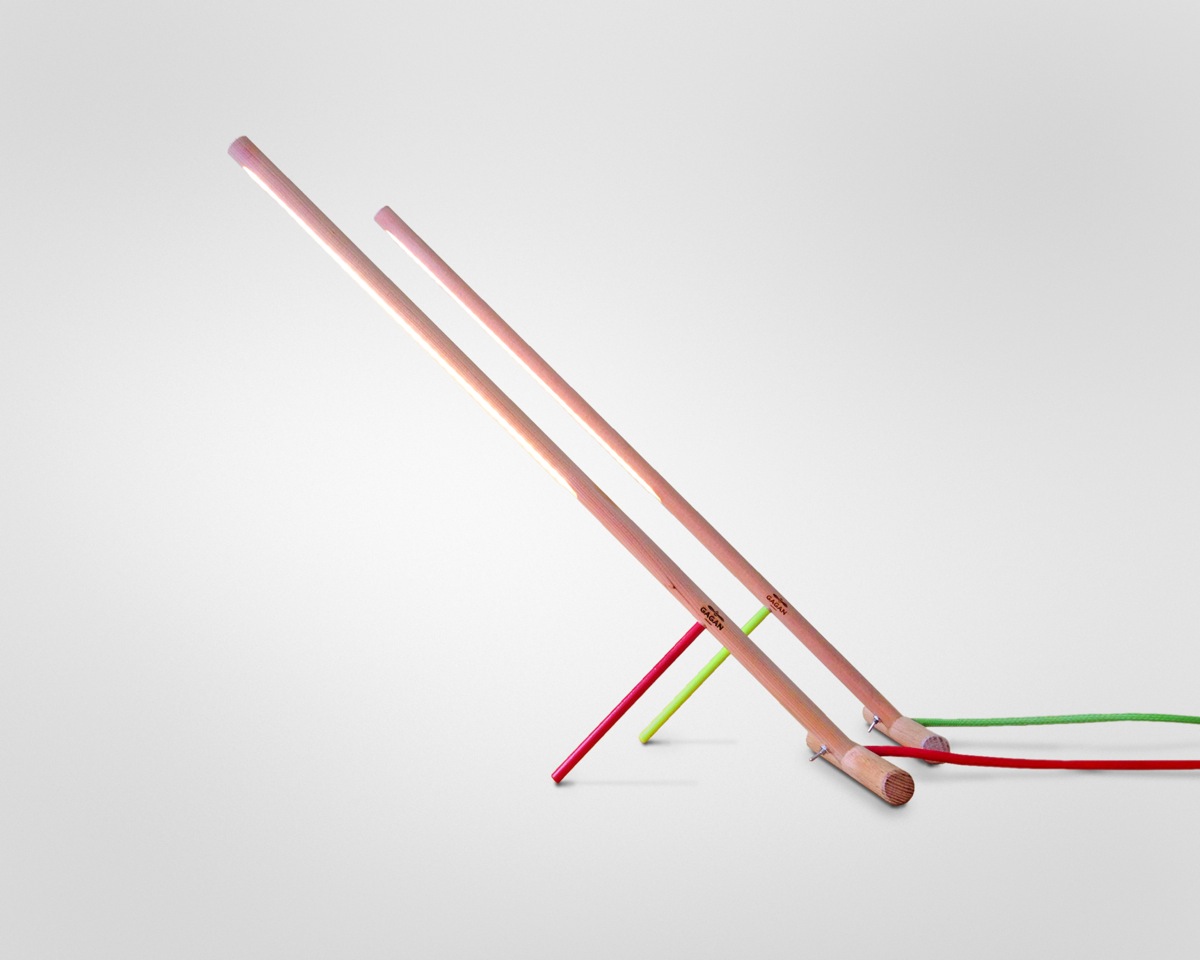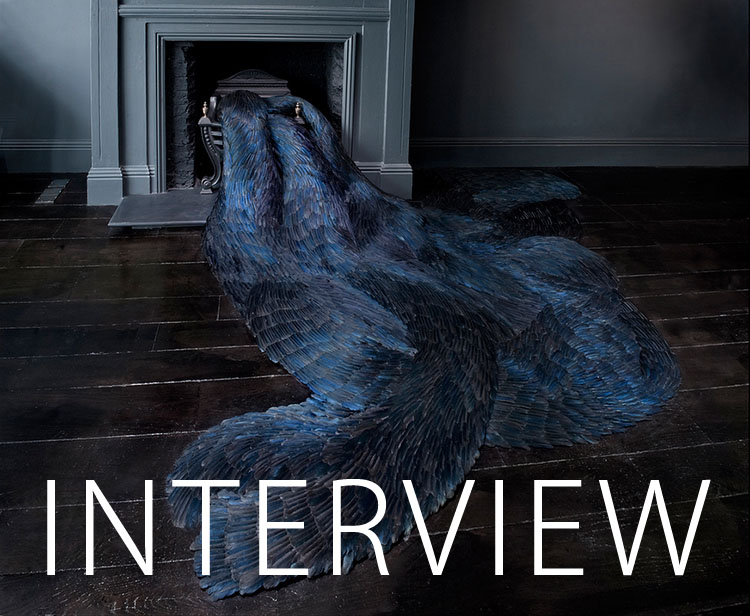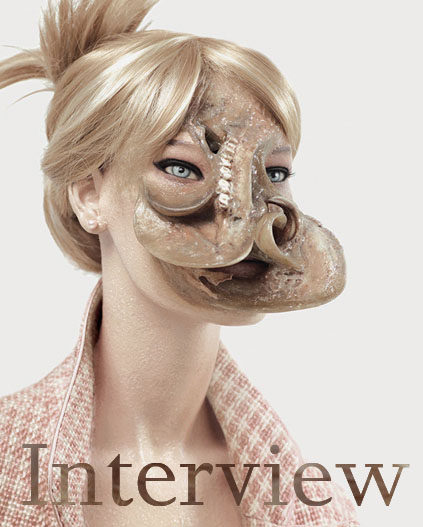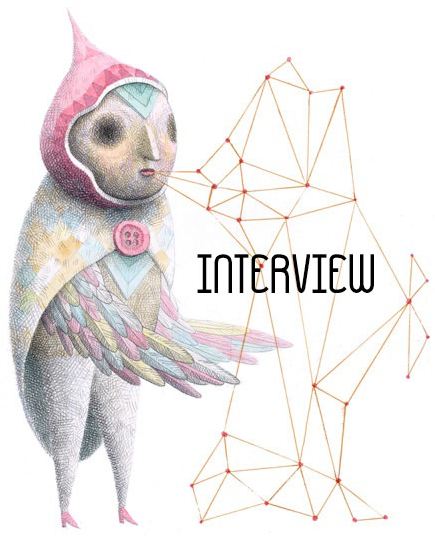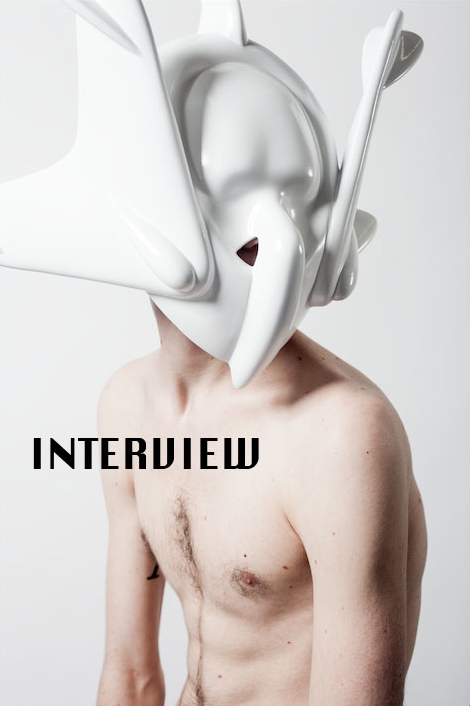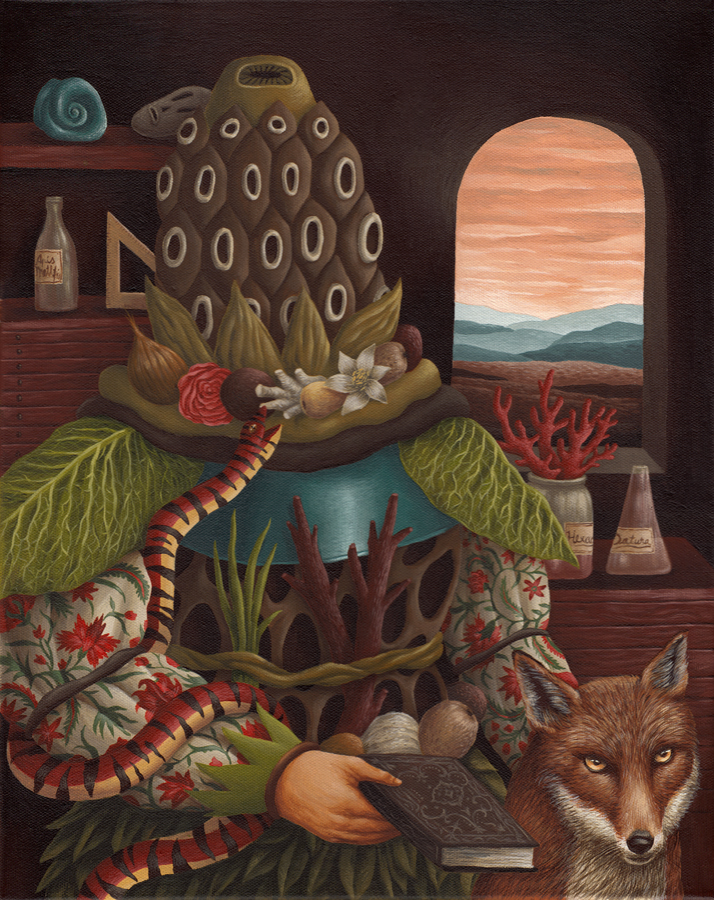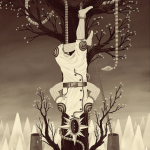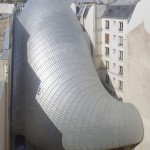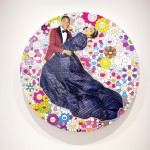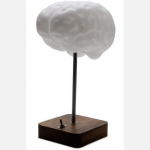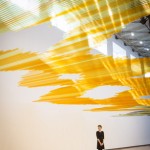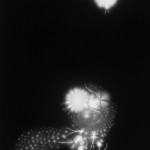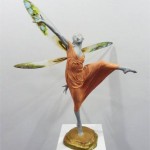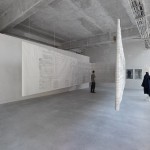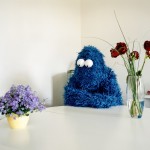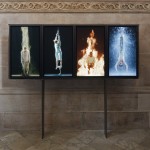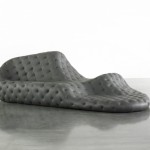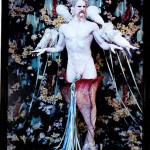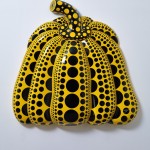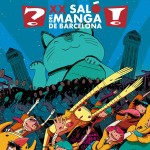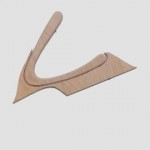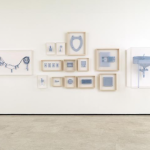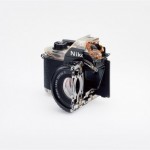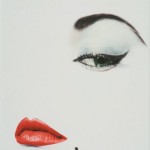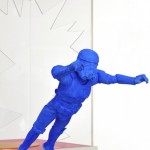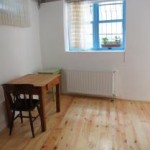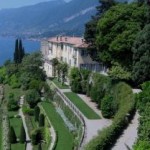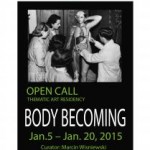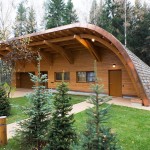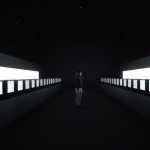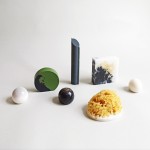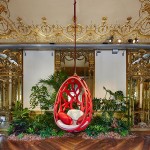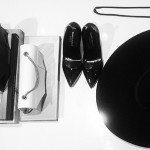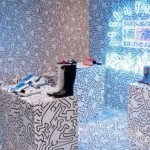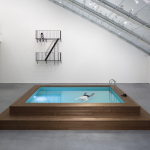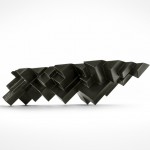INHALE is a cultural platform where artists are presented, where great projects are given credit and readers find inspiration. Think about Inhale as if it were a map: we can help you discover which are the must-see events all over the world, what is happening now in the artistic and cultural world as well as guide you through the latest designers’ products. Inhale interconnects domains that you are interested in, so that you will know all the events, places, galleries, studios that are a must-see. We have a 360 degree overview on art and culture and a passion to share.

DB: Please could you tell us briefly about how you came to develop your style?
MF: I have been drawing since I was very young and always seemed to be obsessed by the female body. I loved curves and organic shapes probably as much as I loved colours. Looking back now, I can see glimpses of my childhood drawings in what I do now. The real turning point for me happened while I was at airside, the london design studio. They had a strong visual aesthetic to what they were doing and taught me to find beauty in the simplicity of my illustrations. I developed my style over the years by pairing my illustrations more and more until it became some sort of manifesto.
DB: What has been your most challenging brief to date?
MF: It was probably the original kama sutra cover for penguin. I thought it was right up my street and would be a very easy one but as it turned out, it was a challenge for me and I really had to push myself very close to that invisible line that exist between sophisticated and vulgar. I was unsure about it at first but it all came together great in the end.
DB: What has been the evolution so far in your work – and how where do you see it heading?
MF: I let my work evolve by itself in a very organic way. I believe that if I keep drawing and trying new things, it will change over time without me even noticing it. When you make a conscious decision to move on, it tends to show and feel a bit overworked and laboured. Now looking back at the past 2 years, I can see my style tend to go more geometric at times and more and more minimalistic. The hide and Seek exhibition was a real push for me to try and express a lot with very few elements.
DB: do you also work as a designer or purely as an illustrator?
MF: I worked as a designer for 6 years before setting up as an illustrator. I was even doing web design on my first year after graduation. I always was better at drawing than typography though. I think my illustration approach is more design led than illustration led to be honest and coming from a design degree and background really defines what I do now.
DB: What are the main differences between art and illustration for you?
MF: The price tag probably ; ) joking aside, I think the difference that matters is between commercial work and personal work more than art vs illustration. For me, an artist that takes on commissions is in many way similar to an illustrator that does commercial work. If you have a voice and create pieces for the love it it then you are an artist.
DB: Who or what has influenced your work the most?
MF: This is always a tough one for me as there are too many to name – people, things, books, encounters all those are what feed my inspiration. I would say that paris must have influenced my work a lot as apparently all my illustration look very french and I haven’t lived there for 10 years. Overall, I am influenced by beauty: from a building to a street market. As long as there are colors or interesting lines, I am drown by it.
DB: How do you think the popularity of online design resources has influenced your industry?
MF: There are both great and harmful things about having access to so much at the tip of your finger – blogs, softwares, portfolio templates, online tutorials and image-banks. Making design resources and softwares more accessible to everyone means that everyone think they are a graphic designer and are sometimes killing the market but at the same time it allowed design to reach people that could never in a million years have thought of it as a career. Blogs are great to share your work and a very efficient PR tool but also means that your work is digested and then ripped off ten times quicker than it used to be. nothing is black and white: what matters is what you do with all those resources more than anything. they don’t come up with ideas so that part will always have to come from within.
DB: Besides your professional work – what do you have a passion for and why?
MF: Colourful shoes and far away places. The first one for obvious reasons and the second because there is nothing more exciting than feeling lost in unknown surroundings. It puts things in perspective and allow me to escape my London bubble.
via designboom.com


